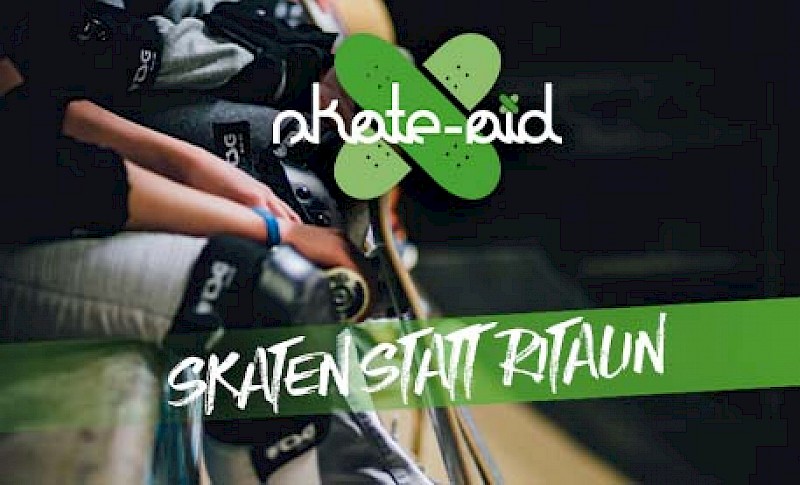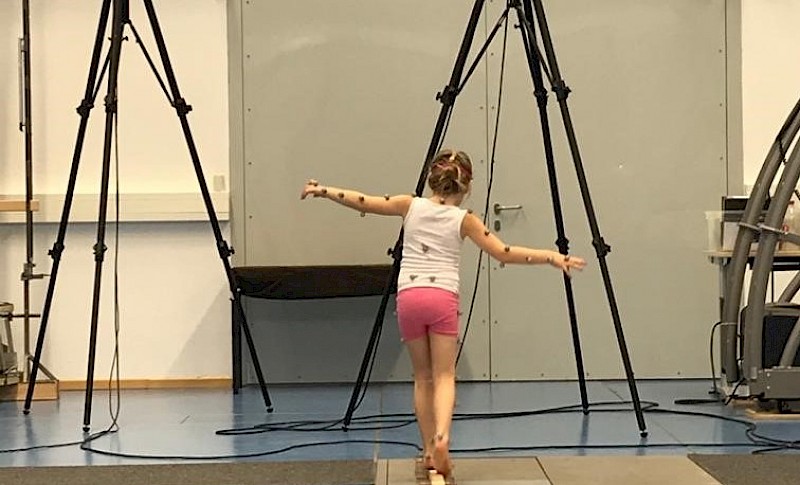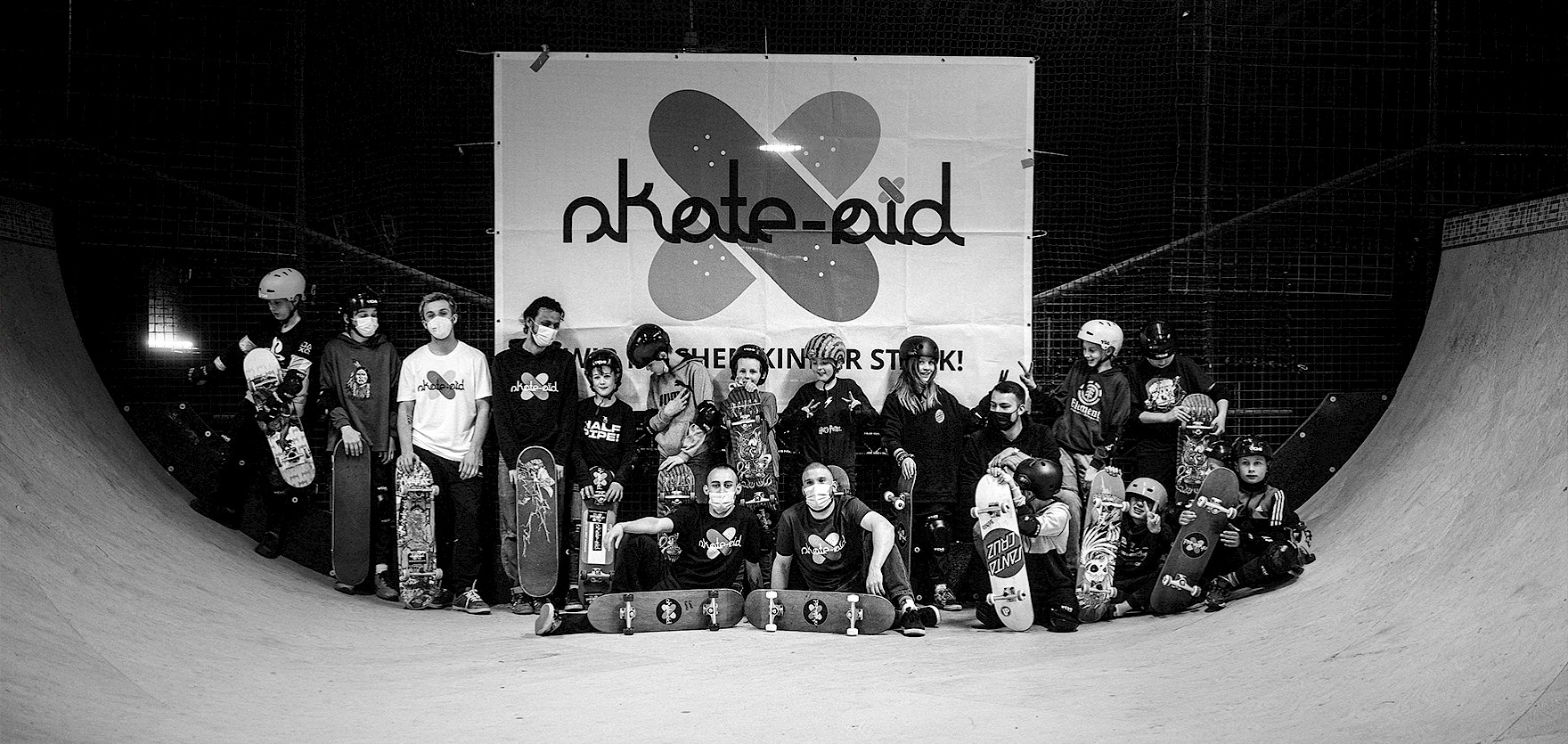
ADHD! So what? Under this motto, the concept of "Skating instead of Ritalin" was changed slightly in 2018. In March 2018, a new 4-month workshop series with a total of 30 children started in 2 courses between 8-14 years. After many positive experiences and very good feedback in recent years, we now want to go one step further. In cooperation with the Westfälische Wilhelmsuniversität Münster and the resident Institute for Sports Science we want to prove the positive effect of skateboarding. The University in the form of Prof. Dr. med. Heiko Wagner, Prof. Dr. med. Patricia Ohrmann and Dr. Christiane Bohn carries out the scientific investigation. skate-aid is responsible for the implementation of the sportively and pedagogically professional supervised workshops. These take place over a period of 16 appointments, one every week. The kids get a complete set, consisting of skateboard, helmet and safety equipment for this period and can use it outside of the workshops too.
In 2019, there will be two more workshop series accompanied by the University team. Afterwards, enough data will have been collected to be able to present the first results of the study by the end of 2019.
HISTORY:
In 2012, the program "Skating instead of Ritalin" was launched under the leadership of Dr. Thomas Dirksen and Alexander Krick. The offer is aimed at kids and teenagers with behavioral problems or who have been diagnosed with a behavioral disorder. They were all treated in the practice of Dr. Dirksen & Franke in Münster and were specifically proposed by the treating physicians for the program. The aim is to offer kids and teenagers an alternative in the therapy. In the 10 skateboard workshops, they’ve learned to concentrate naturally over a longer period of time under expert guidance. In addition, their frustration tolerance is increased and they enjoy physical exercise. Ideally – it happened already to several participants -the therapy, which also includes skateboarding, can be continued without the use of Ritalin.
The project was initiated by skate-aid e.V. München. As of 2016, it was implemented by the Titus Dittman Foundation. Since May 2019, the project is carried out by skate-aid international e.V.
UPDATE:
Under the motto „ADHD! So what?!“ our project ‘Skating-instead of-Ritalin’ went into the next round in September 2022! The requests for free participant places were once again immense, which confirms to us the meaningfulness of this project. We were able to offer two courses for 40 kids in spring and from September a total of 45 kids came together in two courses in Münster’s Skaters Palace. There are 12 dates per course. Each of the kids received a brand-new skate-aid skateboard, as well as safety-gear and helmet as a donation to create optimal and equal conditions for each participant. By the way, in the editorial of this issue you can learn the reason why skateboarding is so good as a therapy for an ADHD diagnosis and why this project is so successful. The project is again accompanied by the Sports Medicine Institute in Münster under the leadership of Dr. Christiane Bohn, who already highlighted the scientific added value of this project last year. The project and the associated study will run through the first quarter of 2023 – we’re already very excited about the results and thank the Sports Medicine Institute for the support
The results of the skate-aid course "Skating instead of Ritalin" were scientifically evaluated for the first time in an accompanying research project at the University of Münster (Department of Human Movement Science). The aim of the study was to investigate the influence of a 16-week skateboard workshop on the motor skills, cognition and symptoms of children with ADHD. The project also aimed to teach the children to enjoy skateboarding and sporting activities in general, to increase their frustration tolerance and attention span and to help them gain a stronger sense of self-esteem.
With the help of two control groups and one intervention group, (a) it was investigated whether children with and without ADHD differ in their basic level in the areas of motor skills and cognition. Furthermore, (b) the effect of the skateboarding intervention on children with ADHD was analyzed by using pre- and post-measurements to test whether children who skated regularly improved more in motor skills, cognition and symptoms than children in a control group who did not skateboard.
Statistical analyses showed that children without ADHD performed better in tests of dynamic balancing ability than a group of children of the same age with ADHD. Furthermore, the groups differed significantly in their ability to concentrate as measured by the d2 test.
The investigation of a possible intervention effect of skateboarding showed that after four months of regular skating, significant improvements were achieved, particularly in the areas of cognition and symptoms, compared to a control group. For example, the attention and concentration performance of the intervention group was improved on the basis of the d2 test after skating. Similarly, the symptoms of attention deficit and hyperactivity were significantly reduced after four months of skating. Skateboarding also had a positive effect on certain aspects of balance.
The importance of sport and exercise for the development of children with and without ADHD is well known in the literature (Felfe et al., 2016) and has already been demonstrated for traditional sports such as soccer (Magistro et al., 2023). The results shown here prove that skateboarding as a subcultural and informal sport can also be beneficial for the development of children with ADHD. It is conceivable that the absence of external control within the workshop and the intrinsic motivation to learn new tricks in particular contributed to strengthening mental attributes such as discipline and perseverance. It is likely that this in turn had a positive influence on the children's social behavior and self-concept.
In summary, it can be said that any sport, provided it is practiced out of motivation, probably has a positive effect on children with ADHD. However, the skateboard workshops in particular showed how quickly and enthusiastically children with no previous experience of skateboarding take to the sport. The follow-up discussions with participants and their parents also show that the challenging and informal nature of skateboarding makes it a very suitable approach for this target group.
Literature
Felfe, C., Lechner, M., & Steinmayr, A. (2016). Sports and child development. PloS one, 11(5), e0151729.
Magistro, D., Cooper, S. B., Boat, R., Carlevaro, F., Magno, F., Castagno, C., Simon, M., & Musella, G. (2022). An After-School Football Session Transiently Improves Cognitive Function in Children. International journal of environmental research and public health, 20(1), 164. https://doi.org/10.3390/ijerph20010164
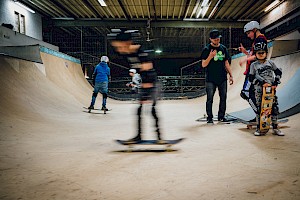
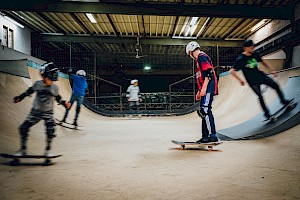
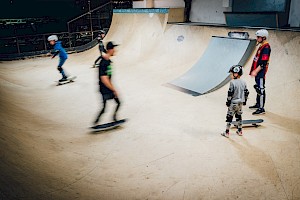
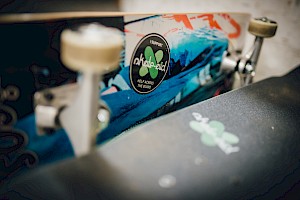
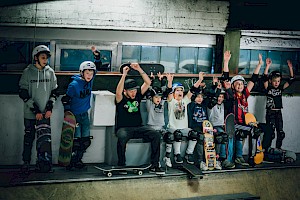

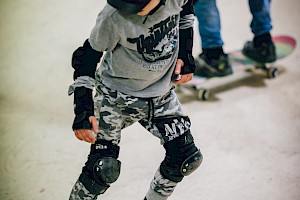
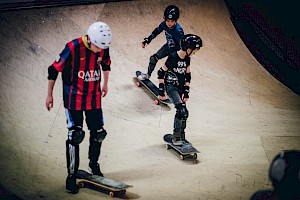
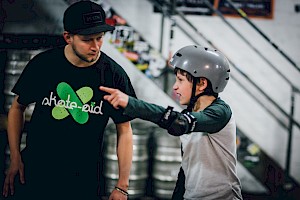
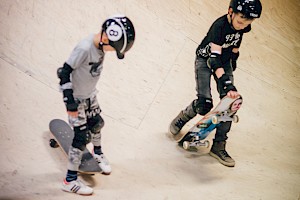
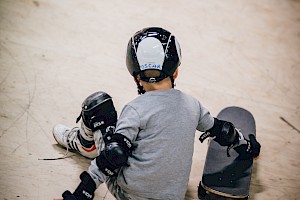
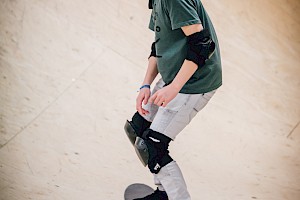
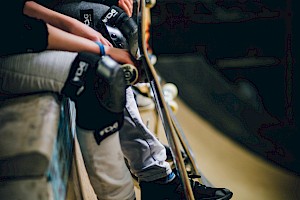
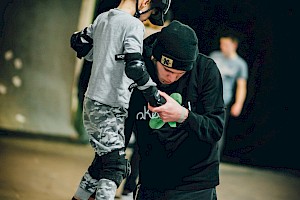
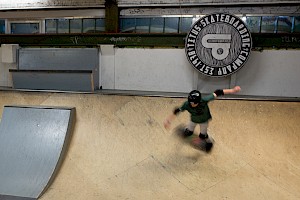
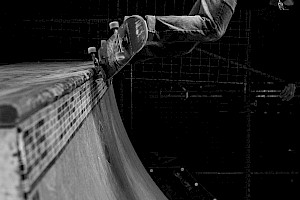
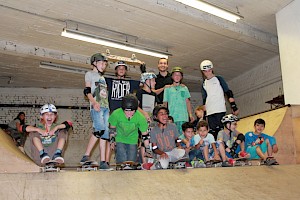
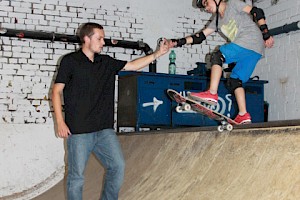
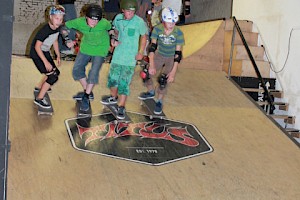
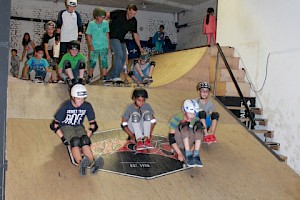
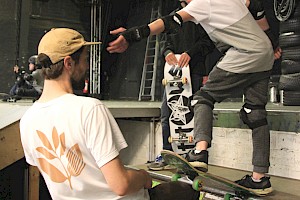
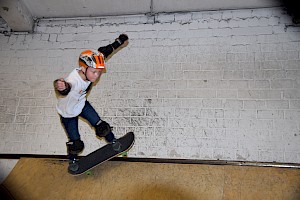
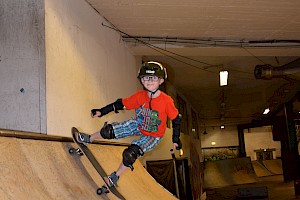
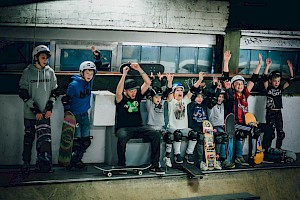
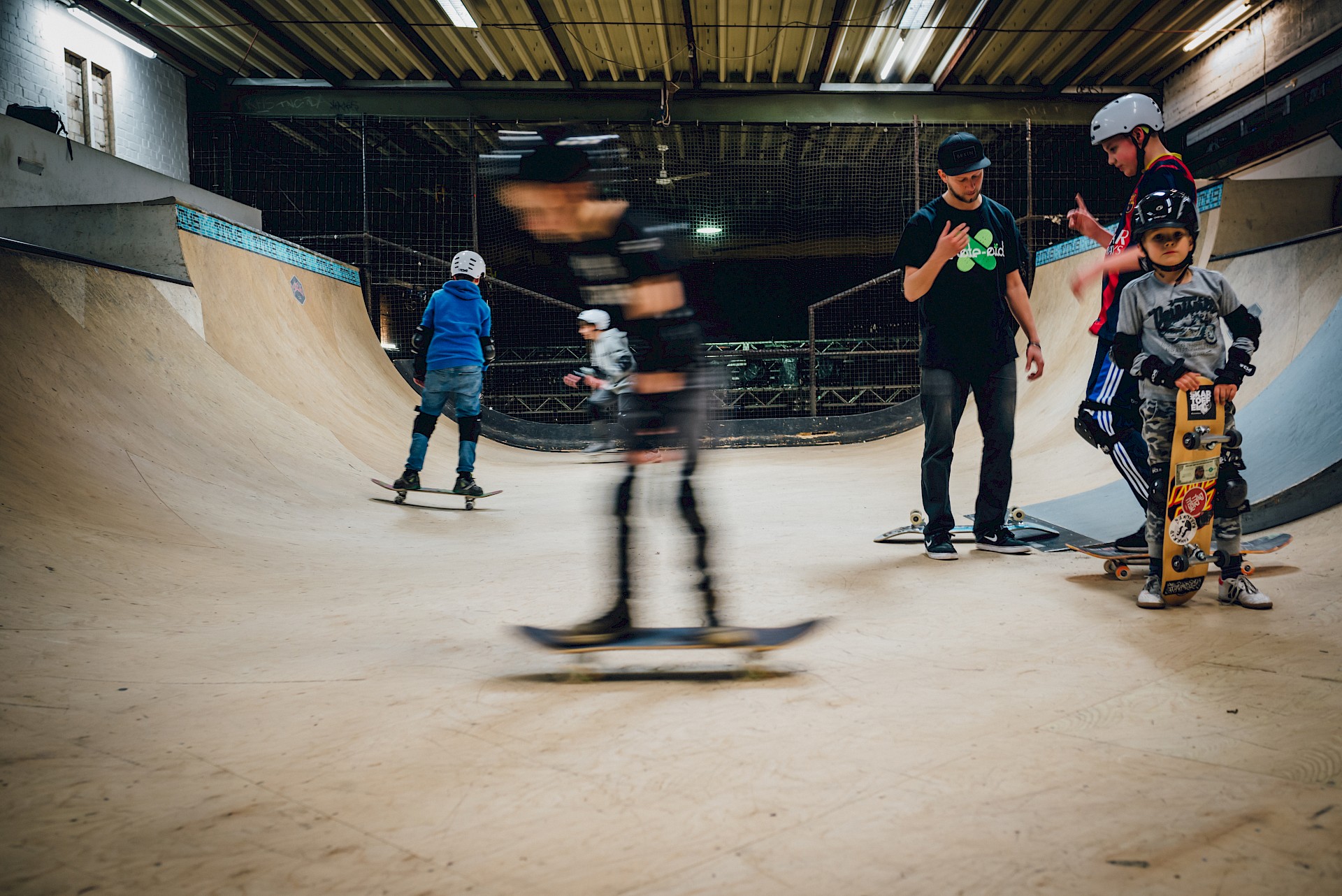
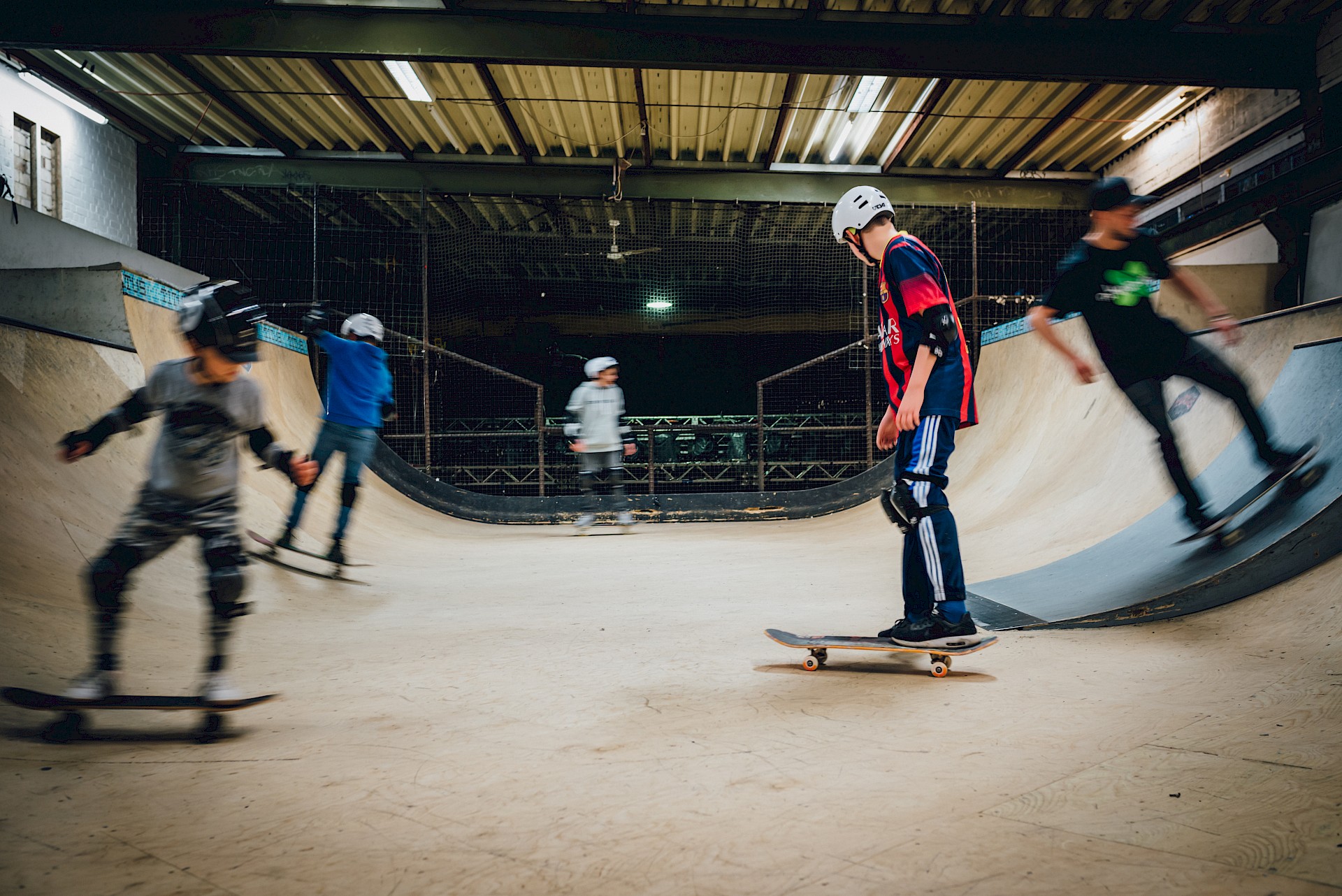
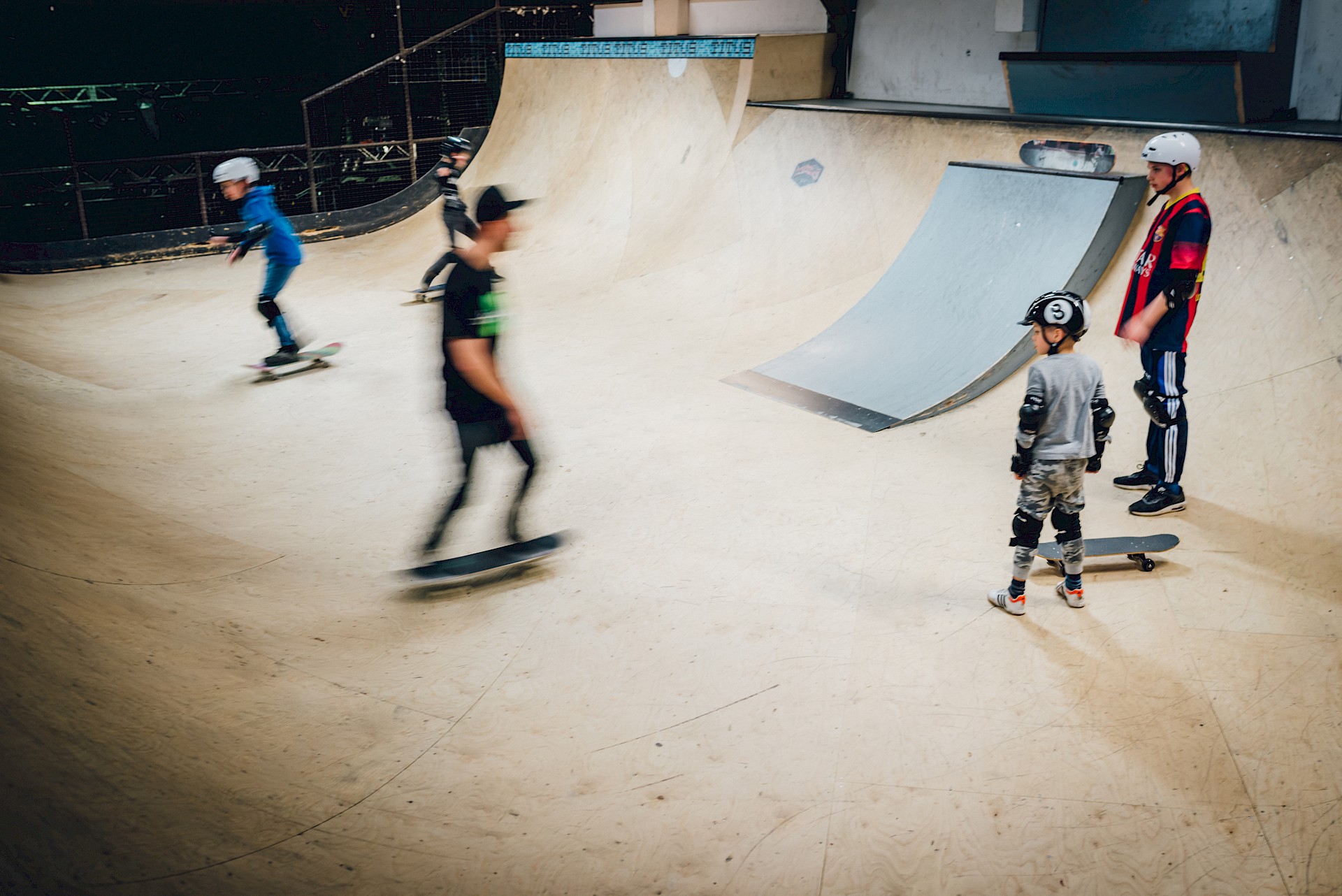
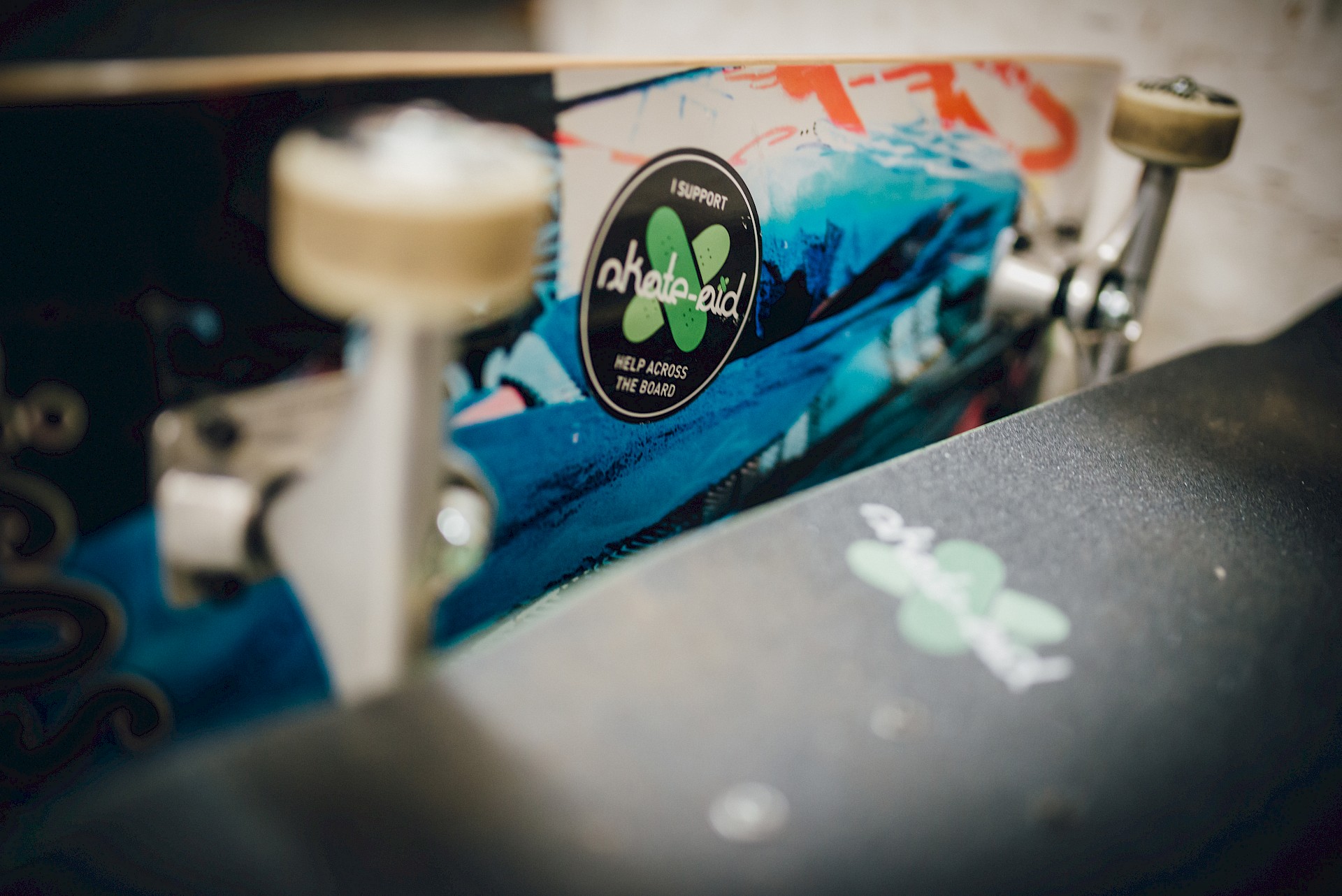
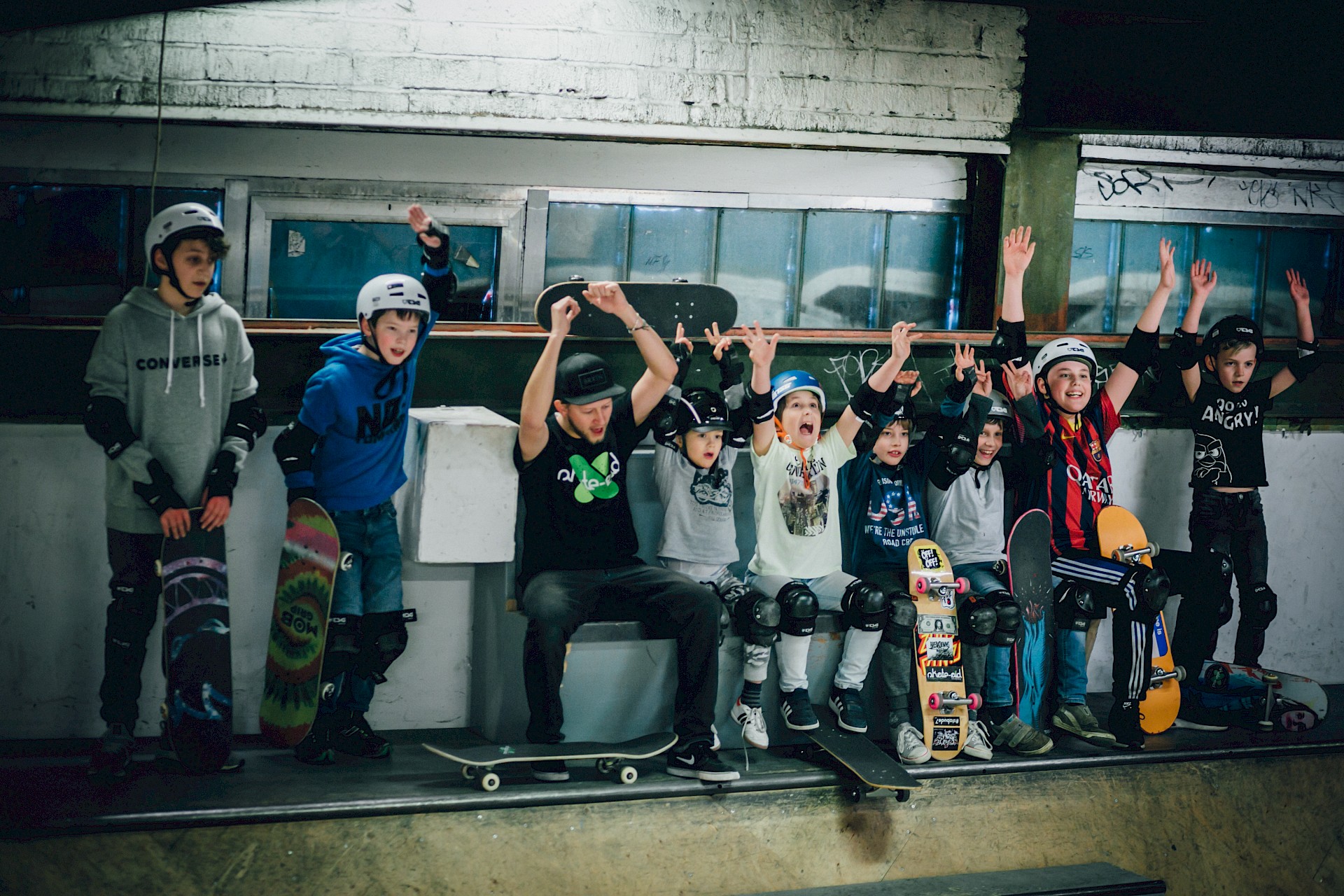
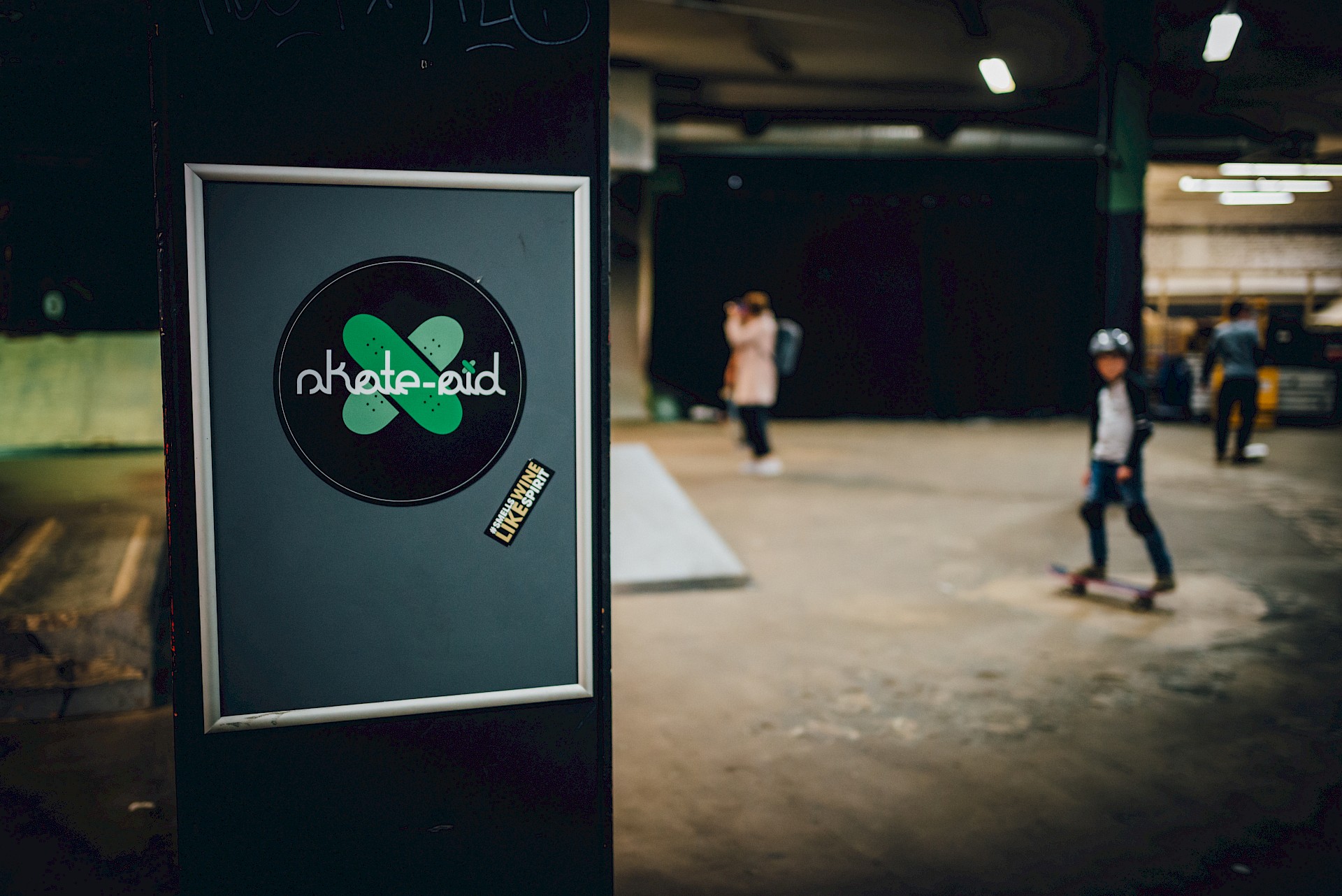
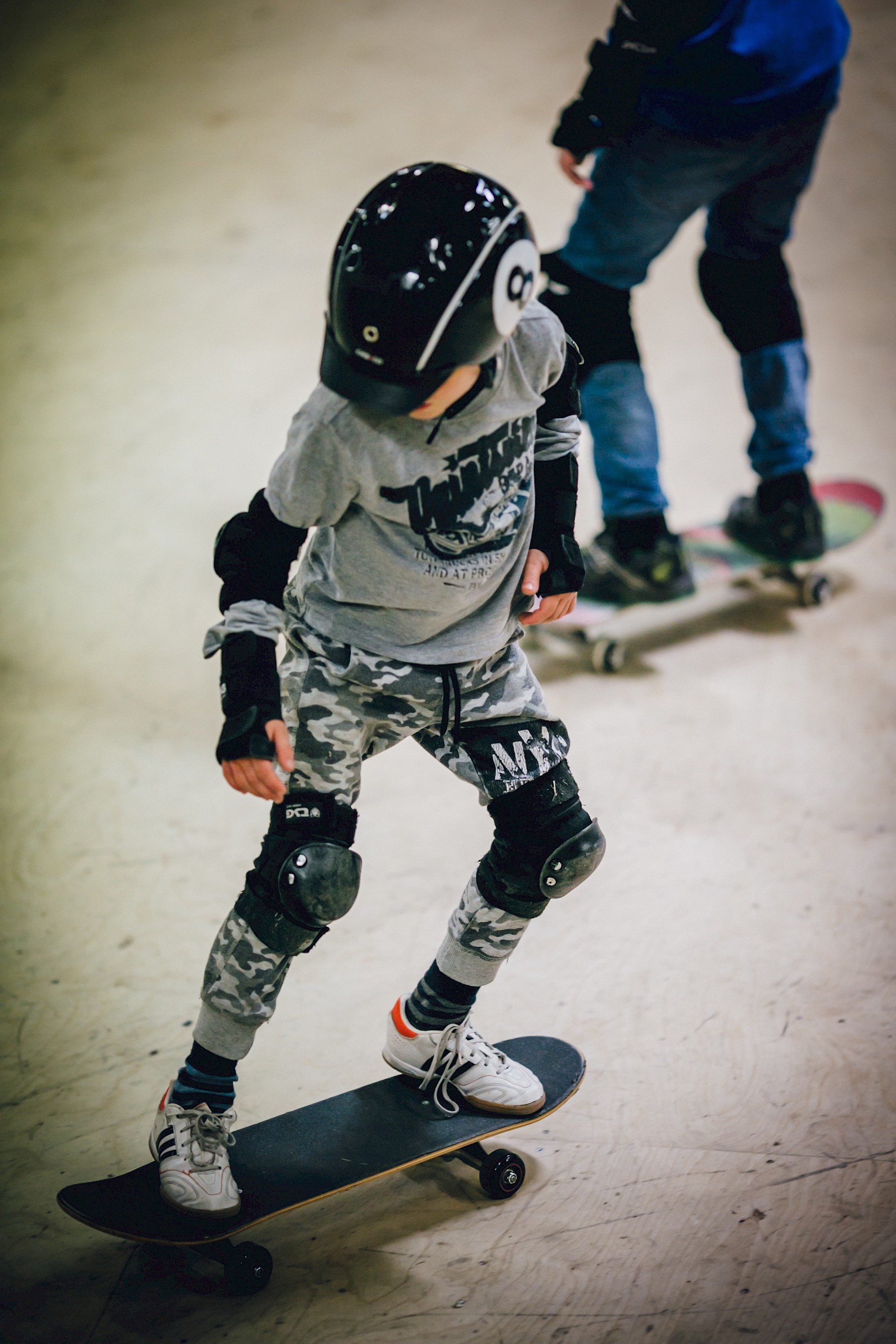
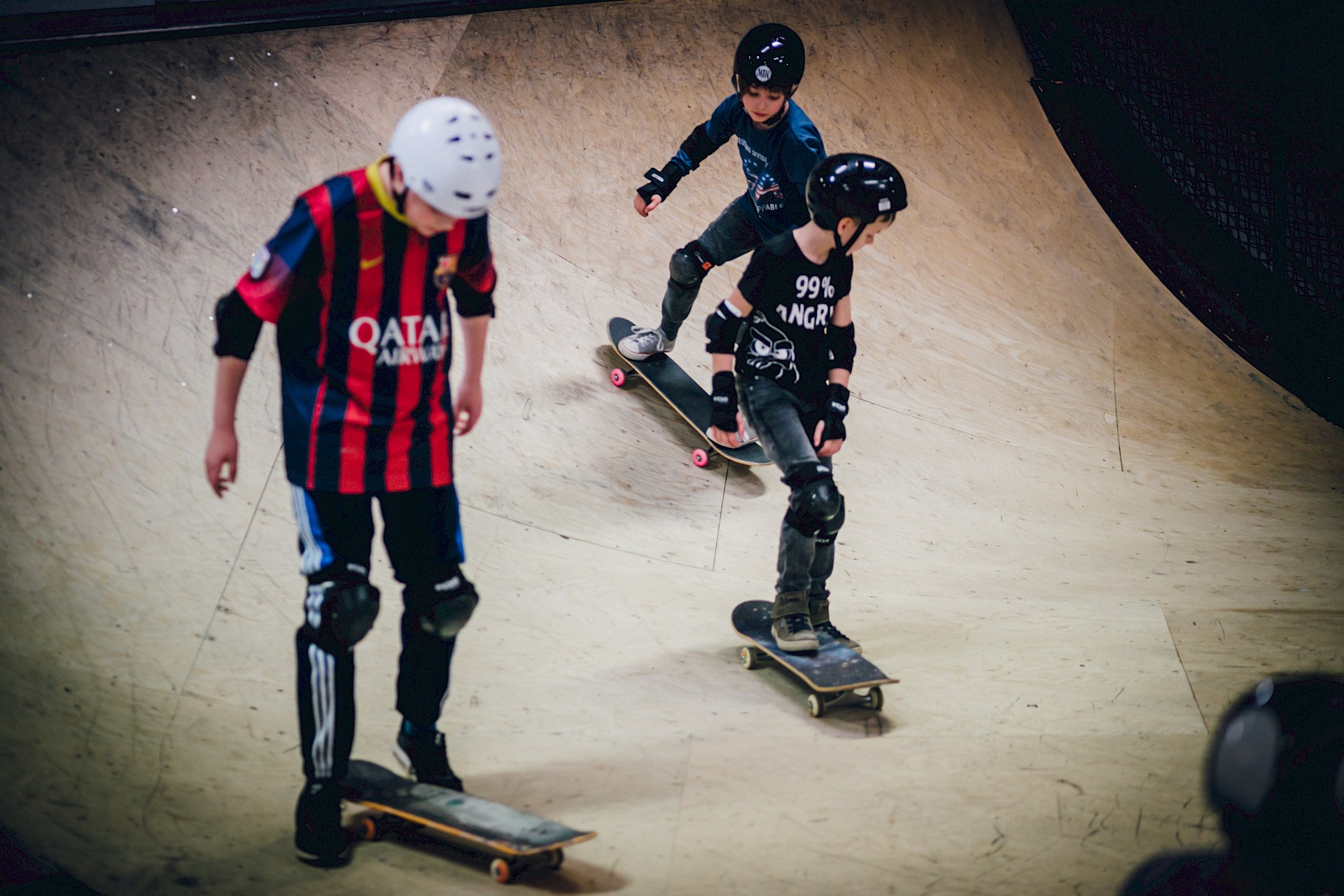
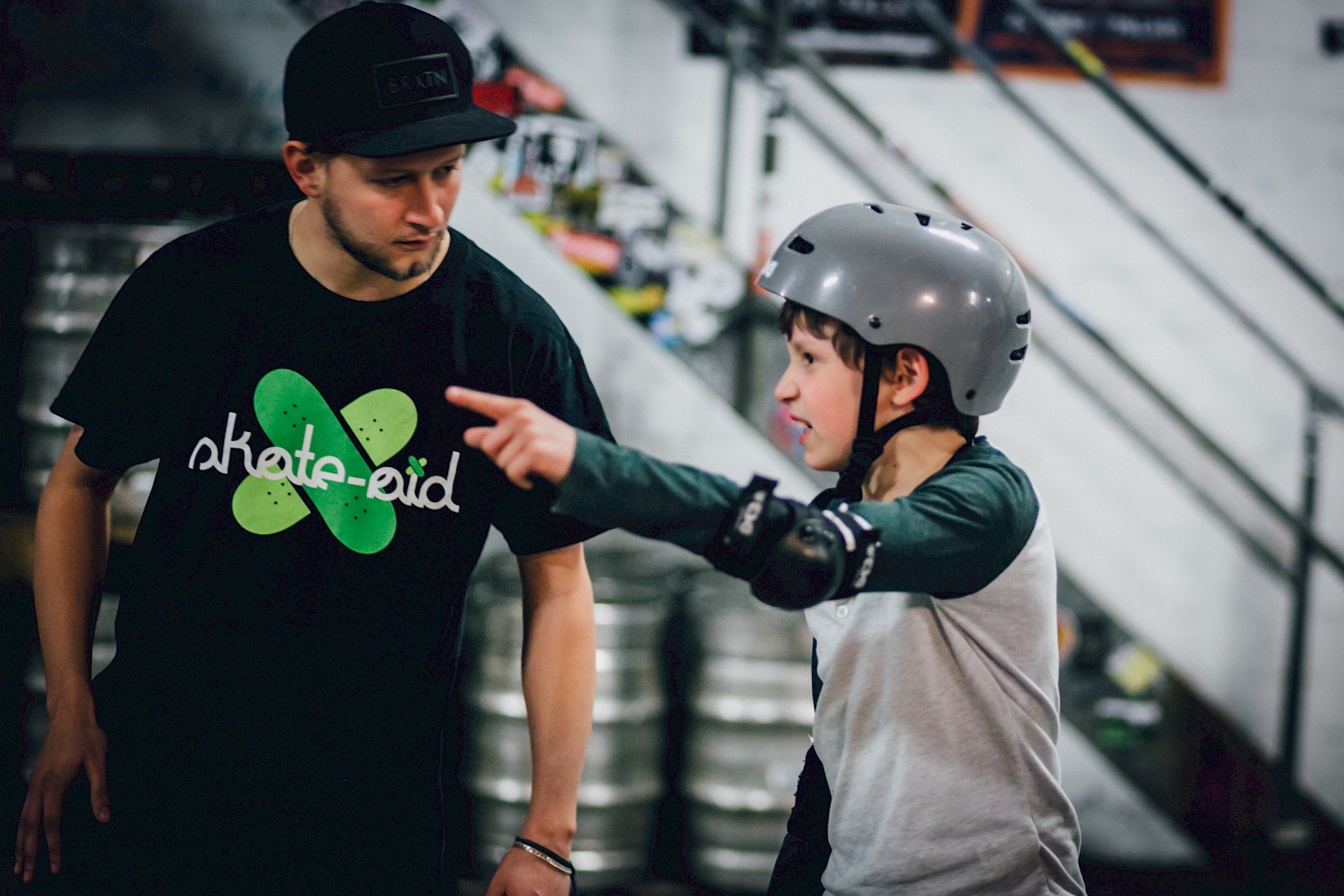
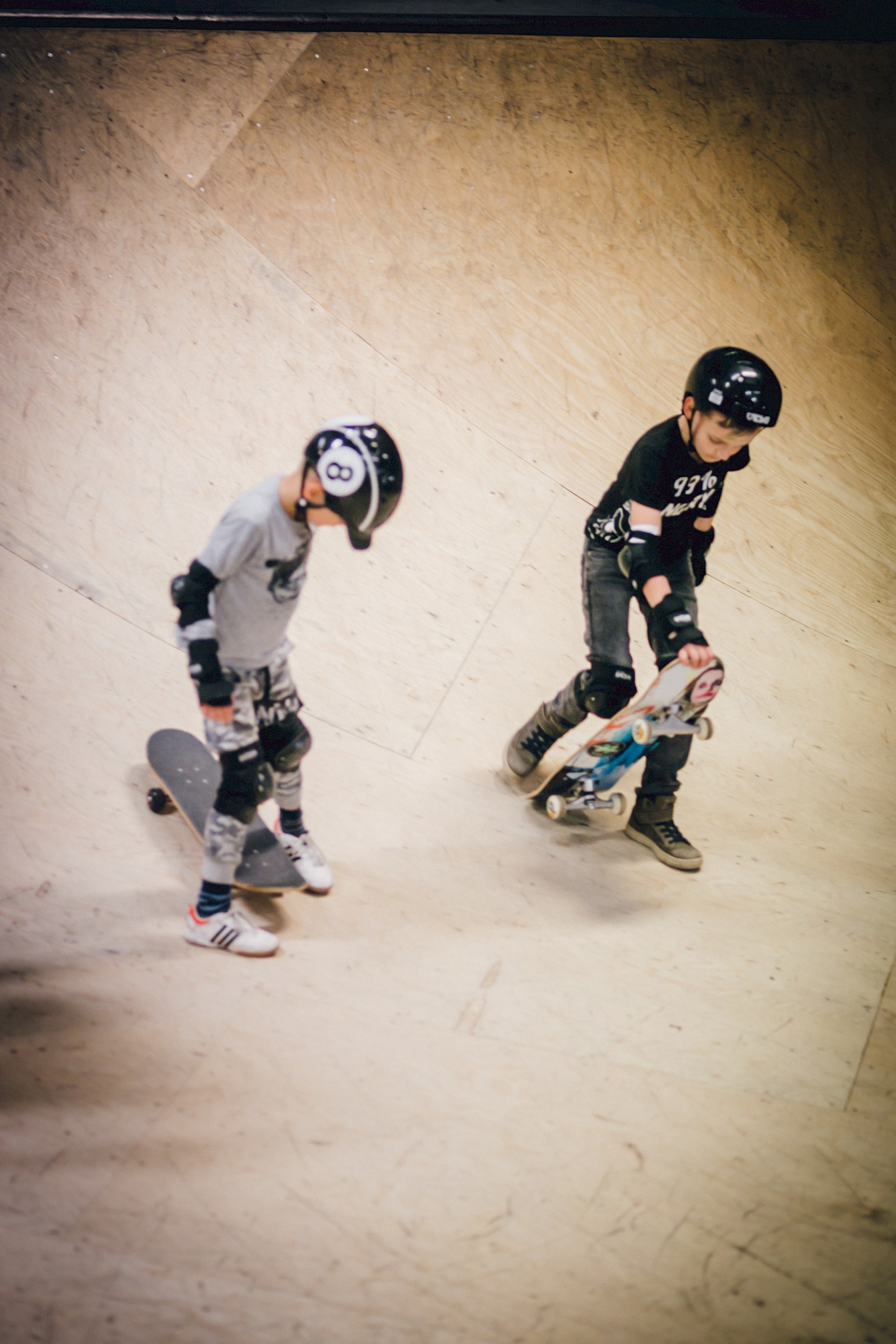
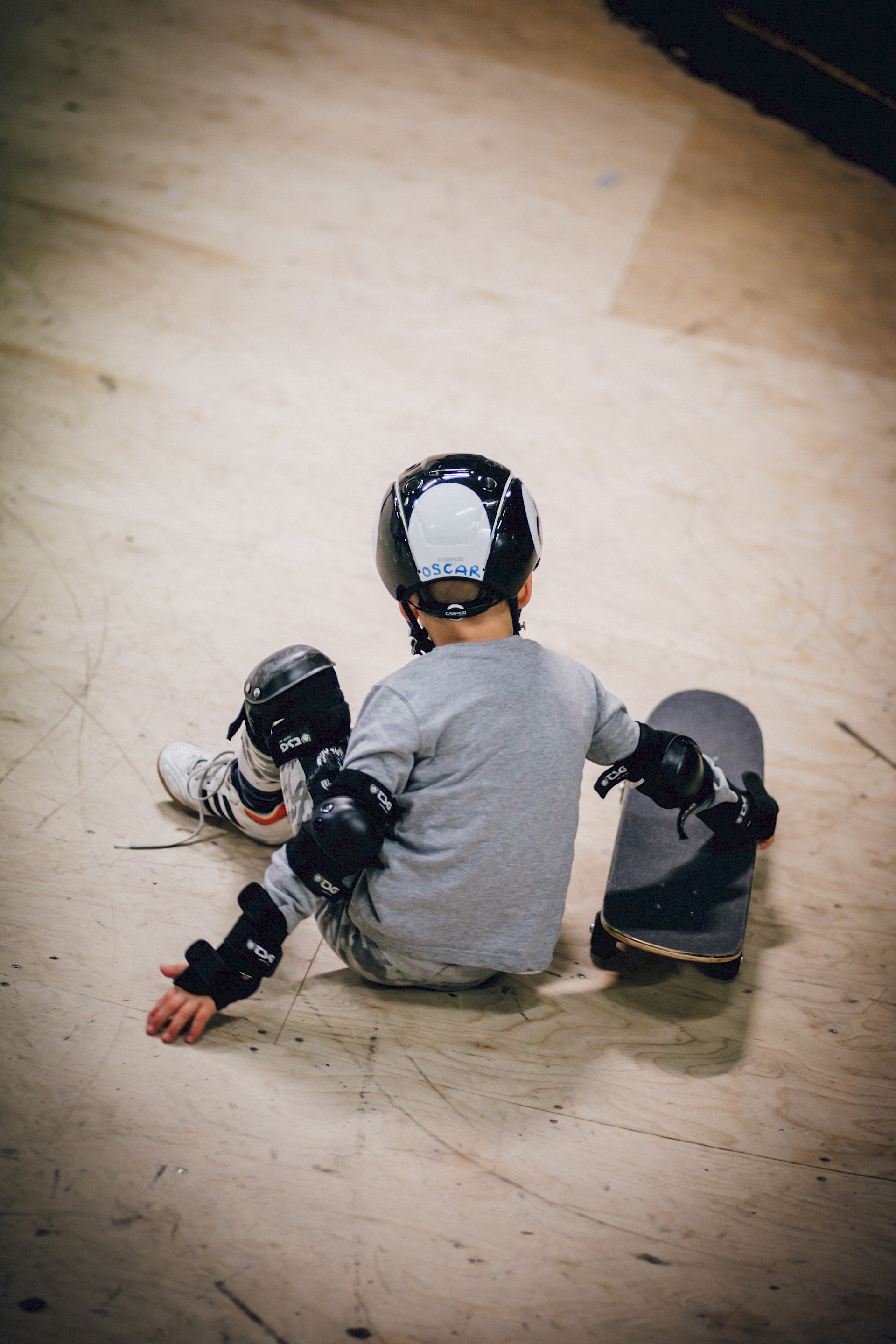
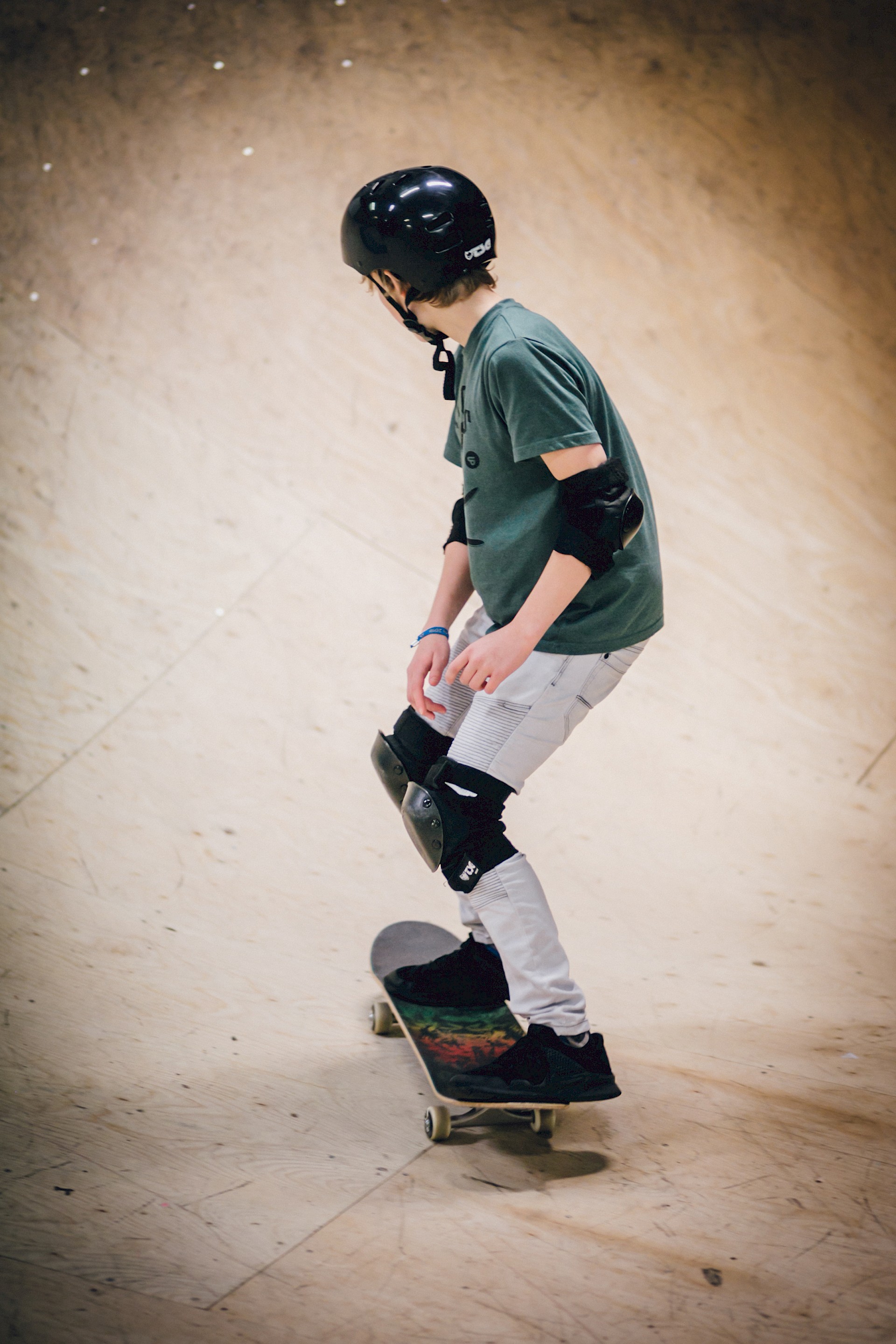
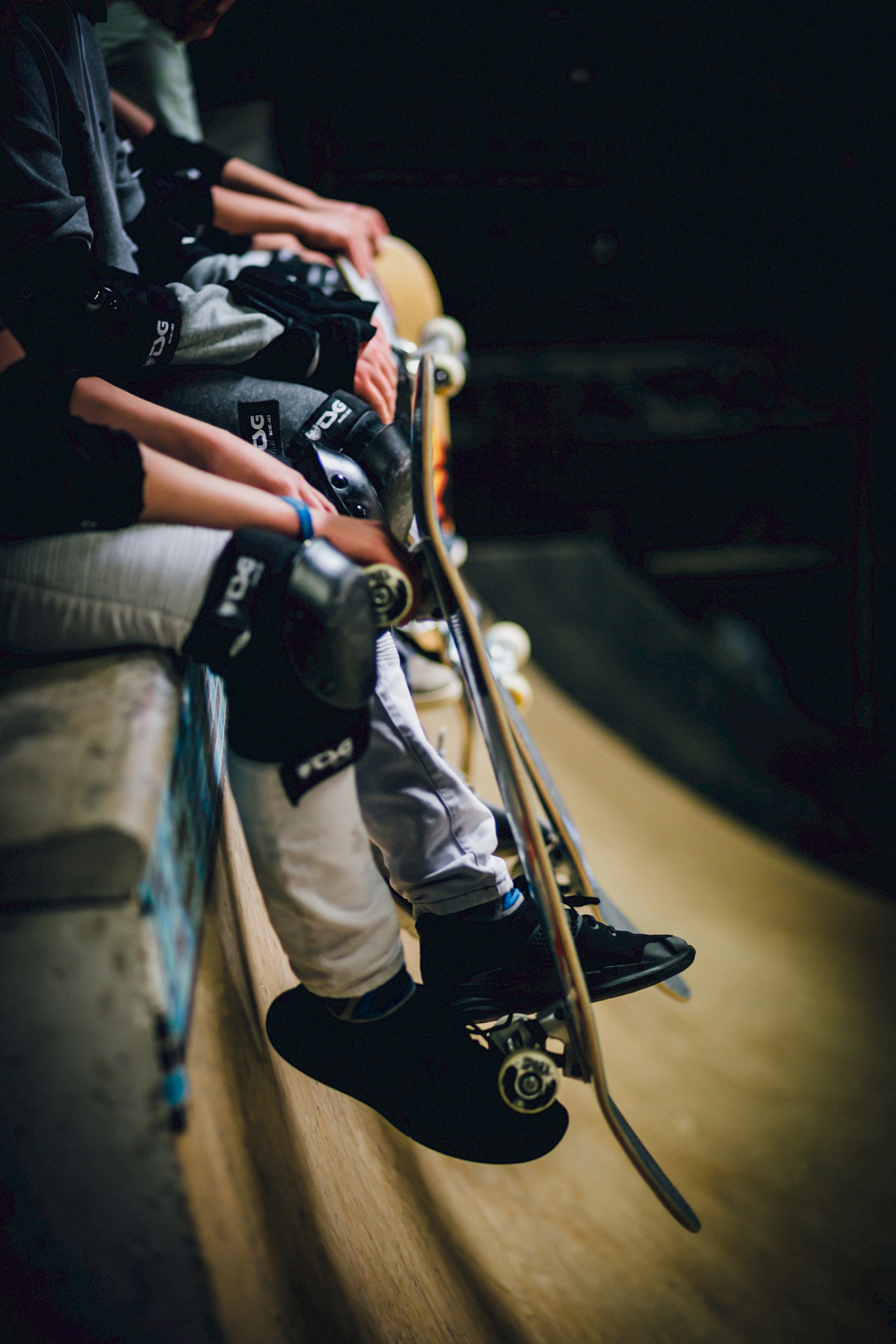
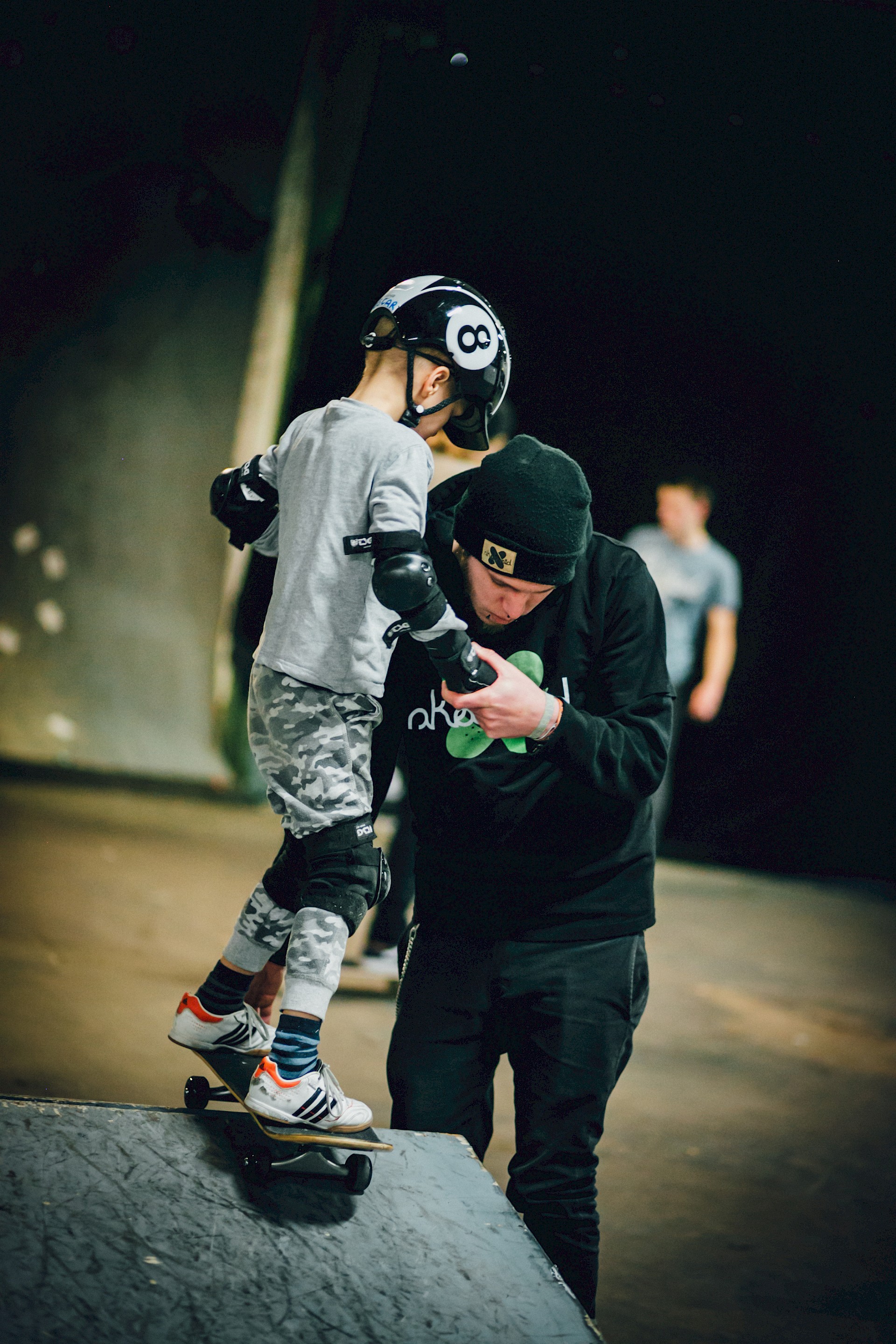
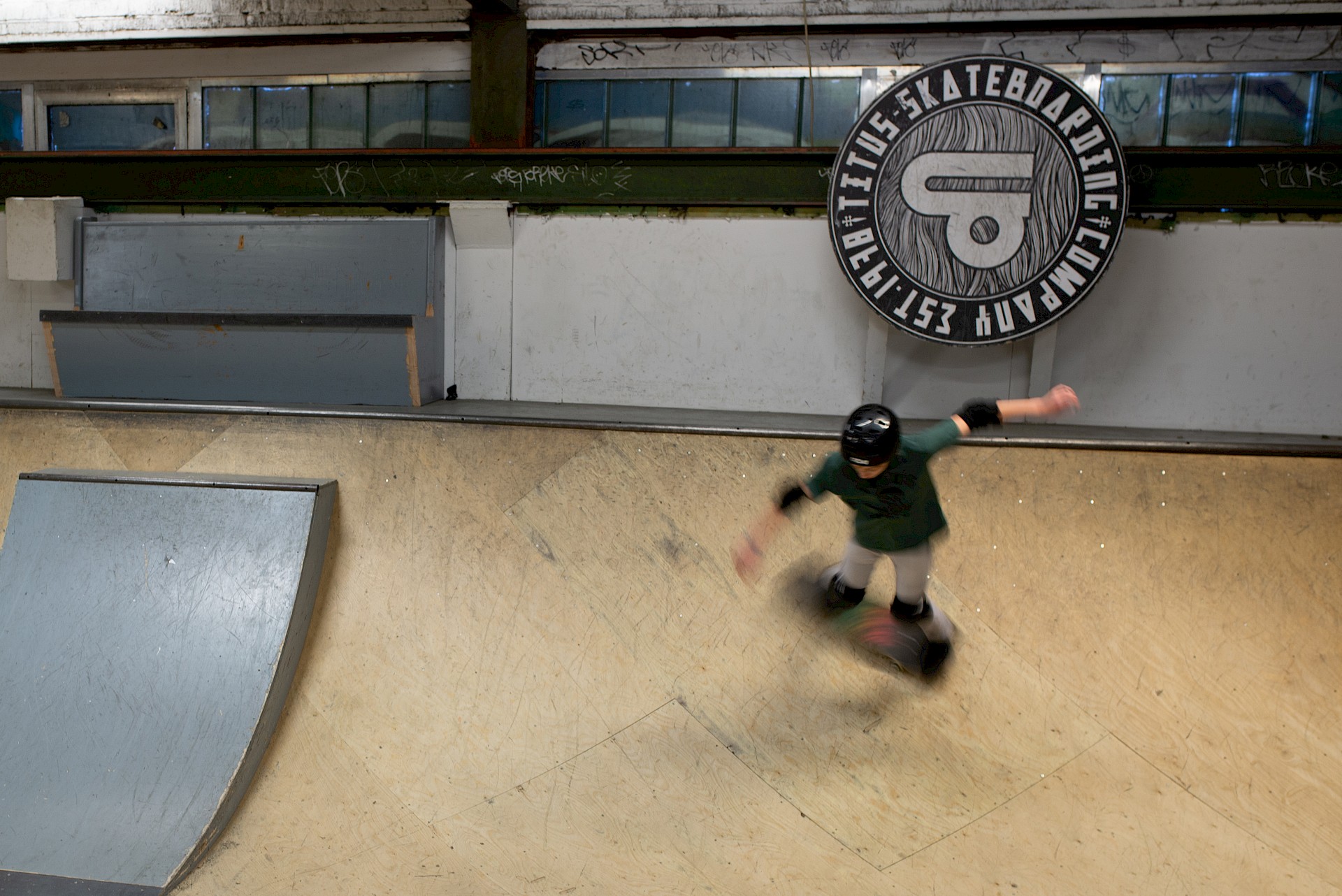
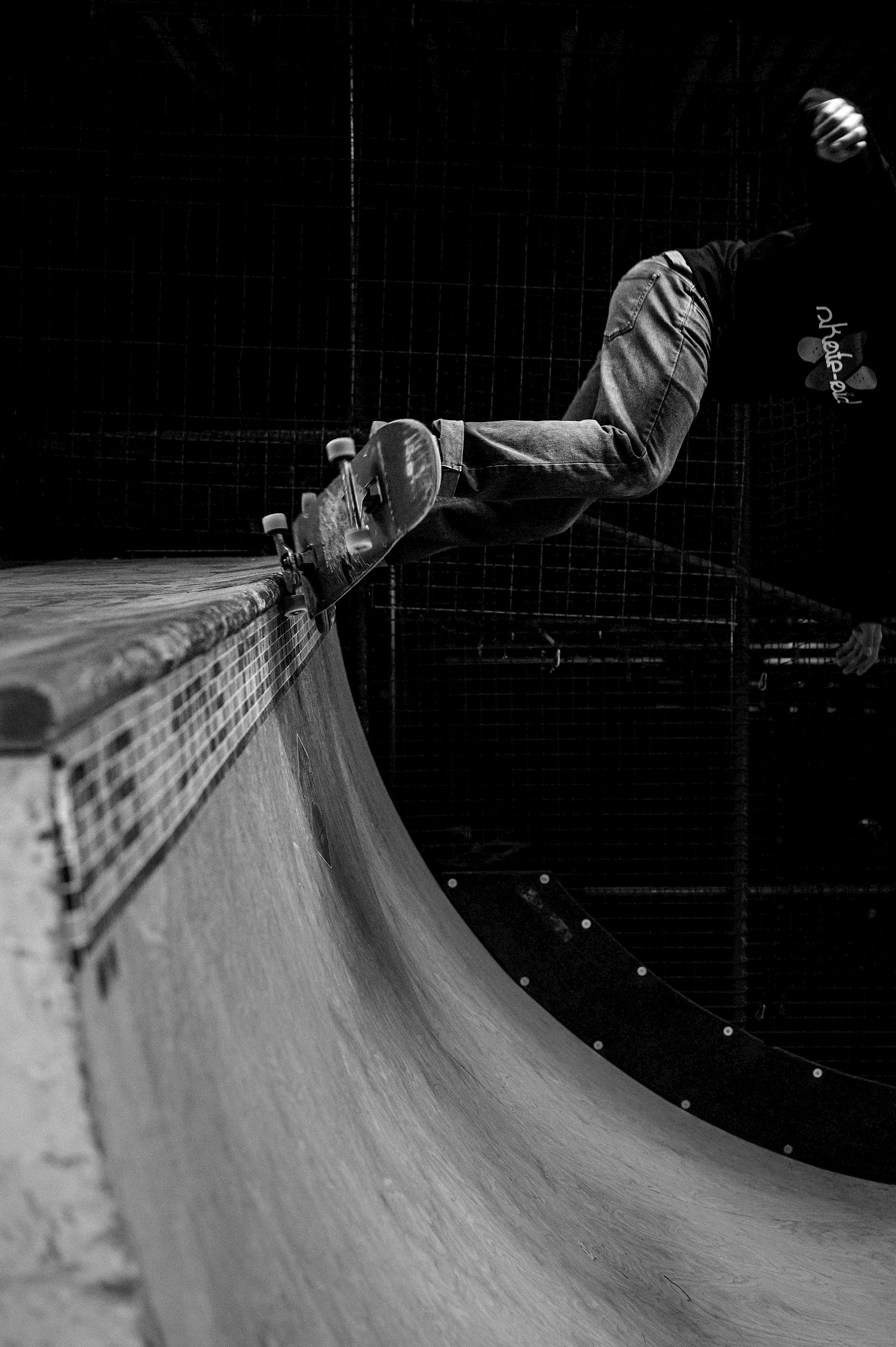
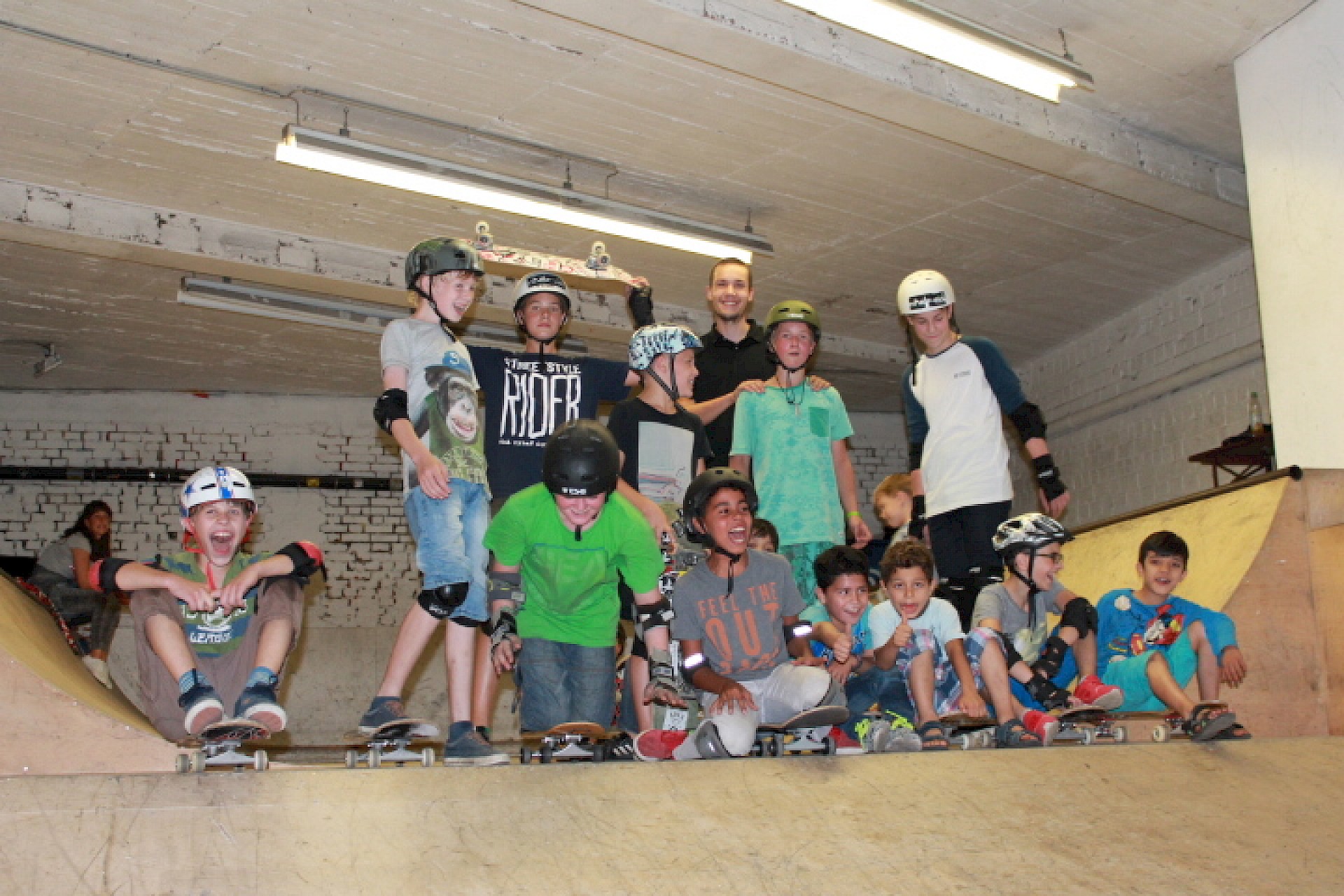
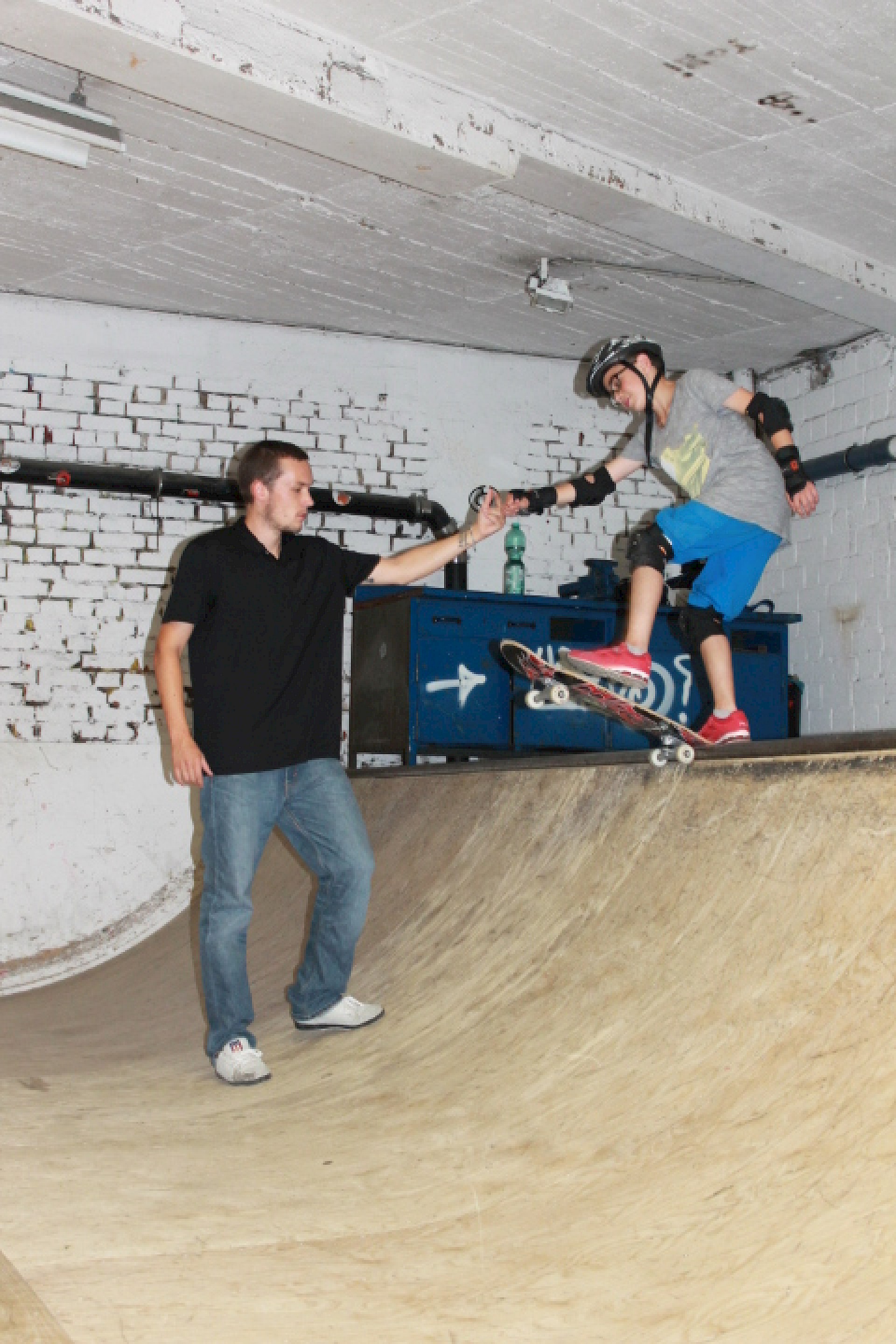
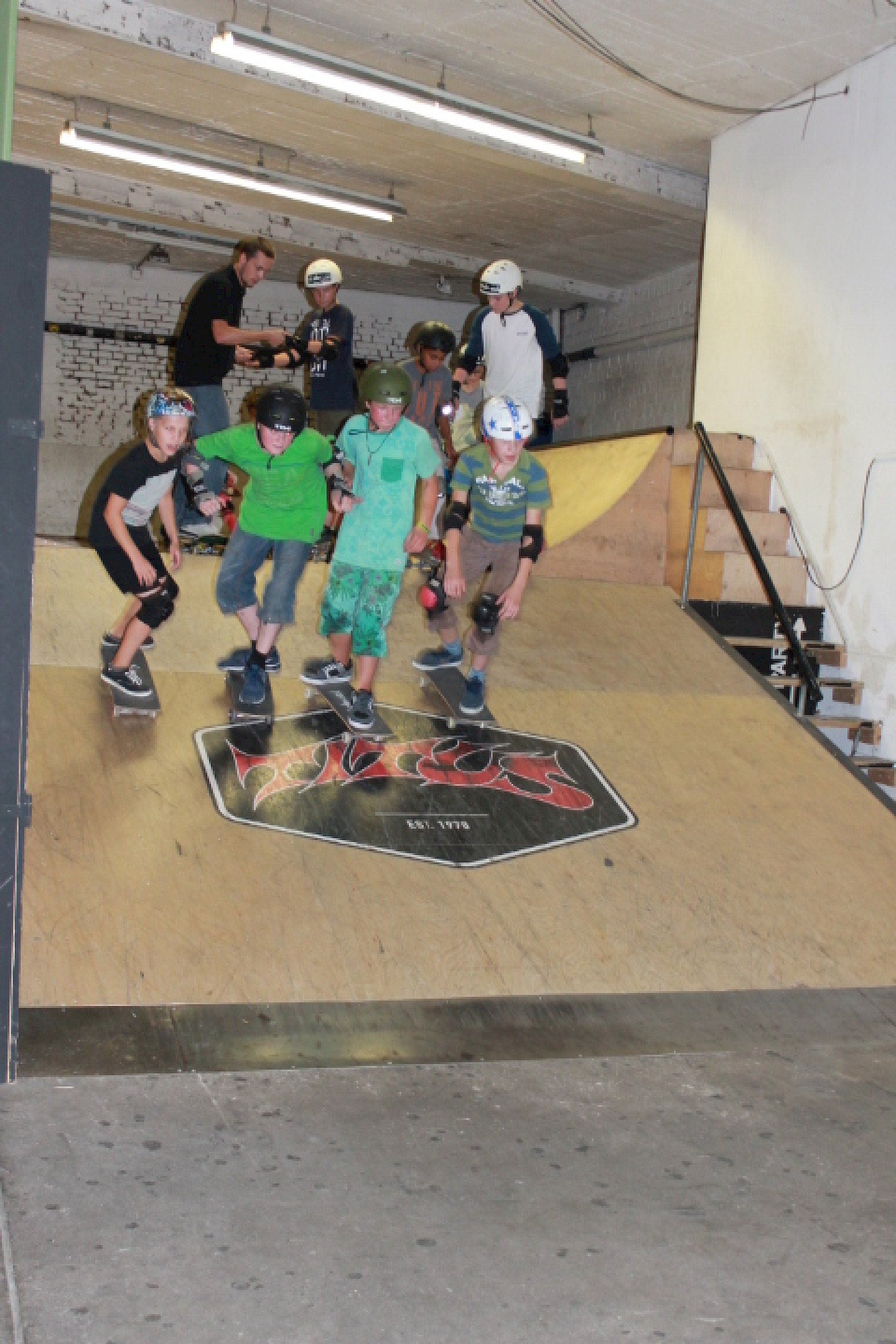
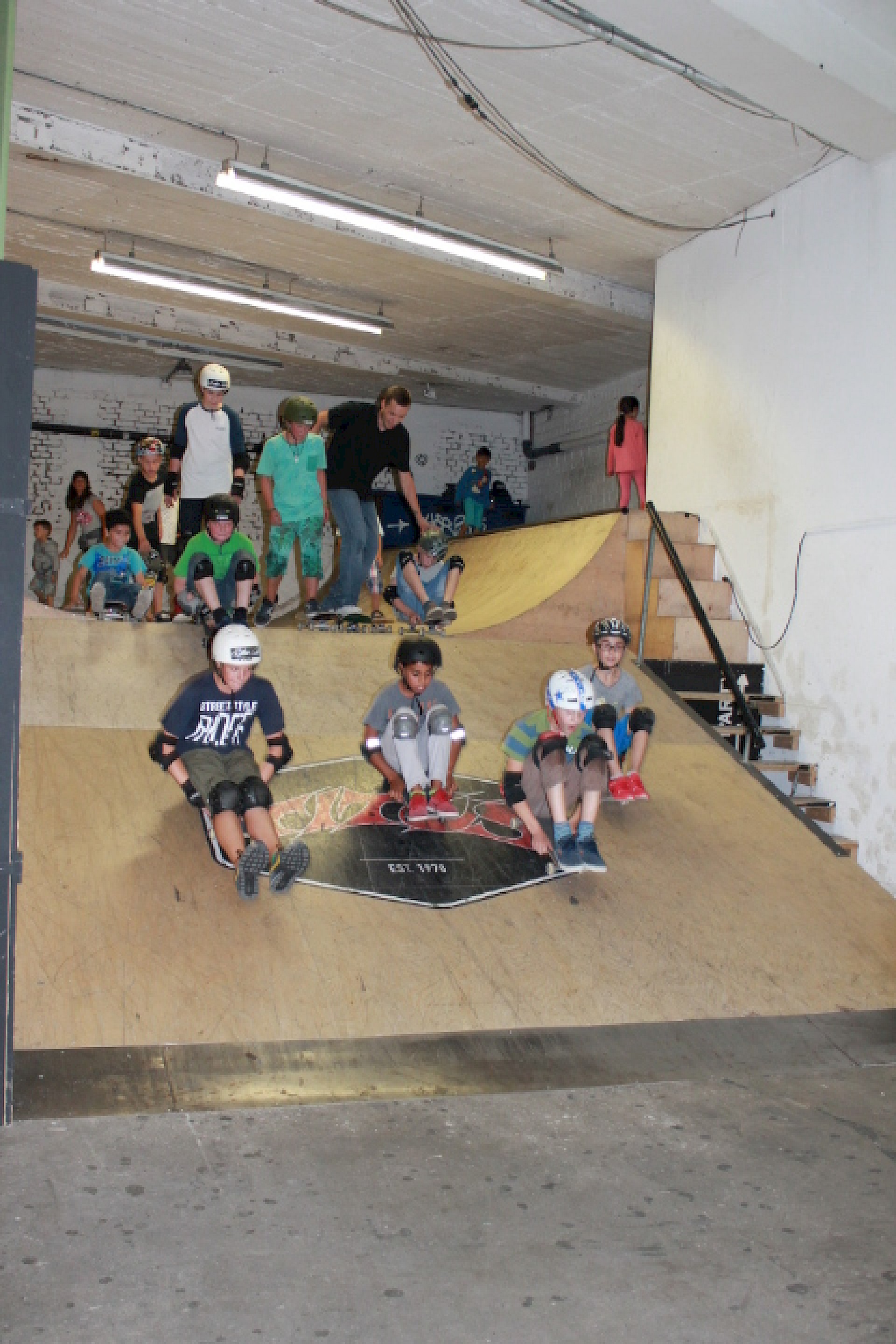
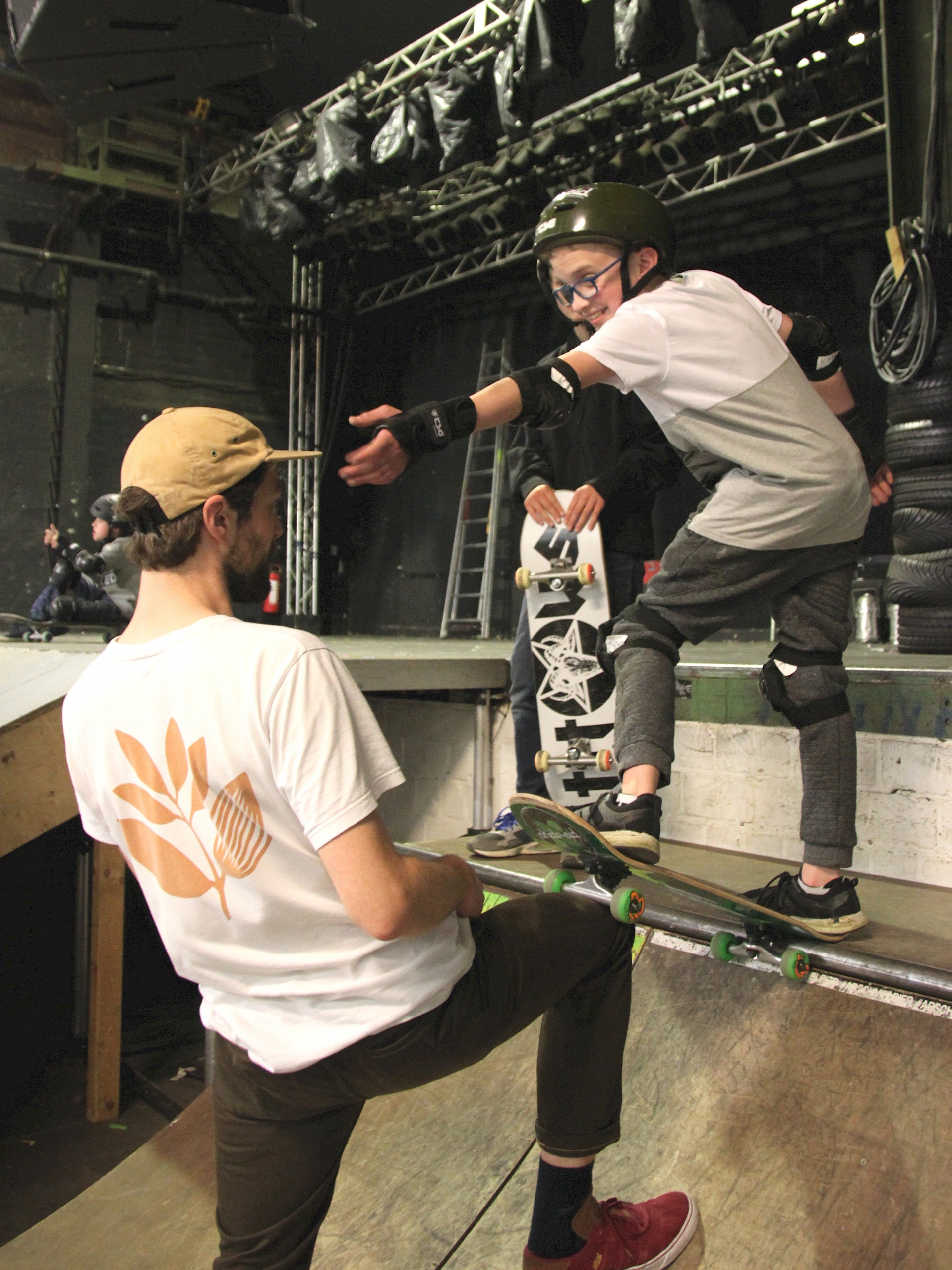
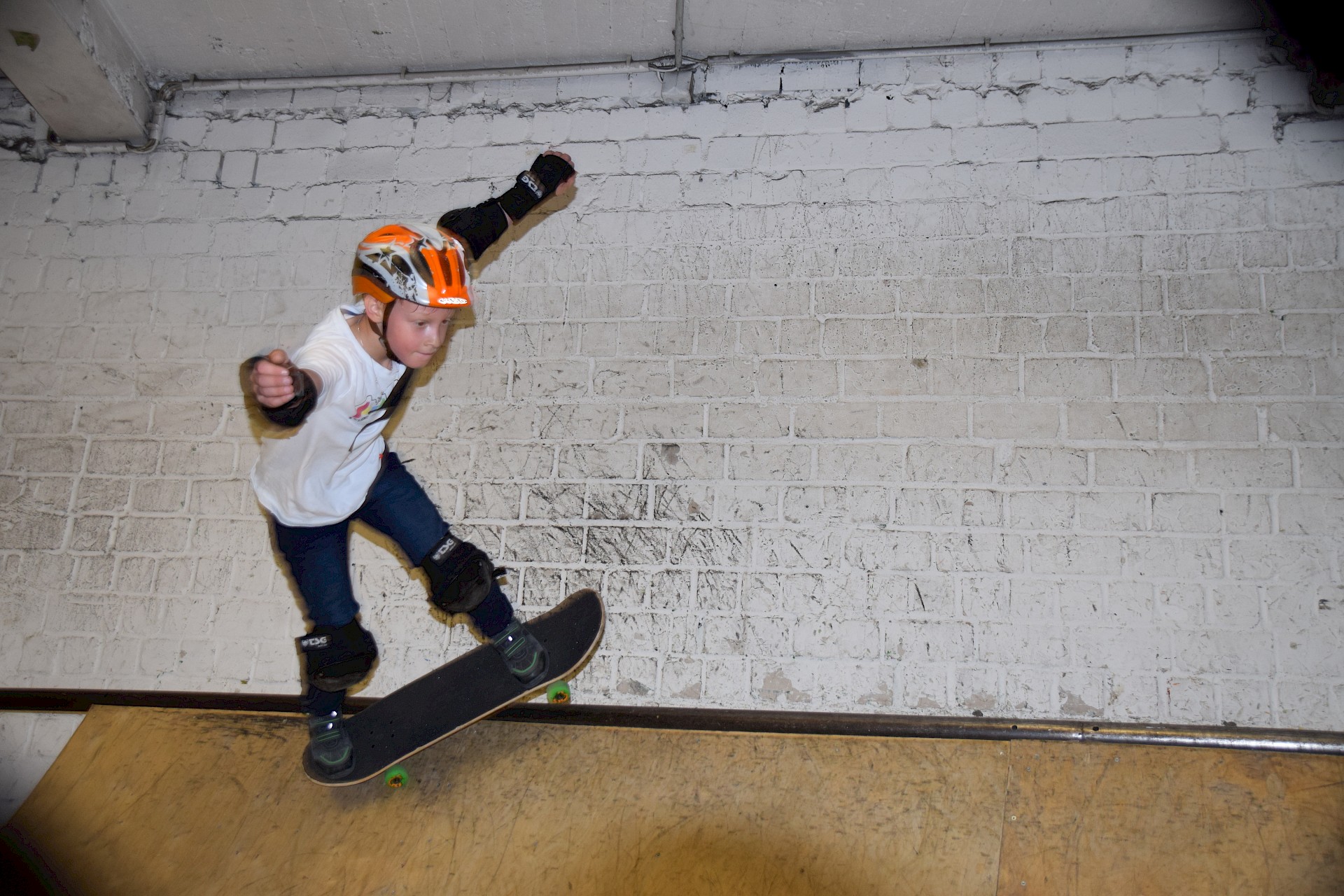
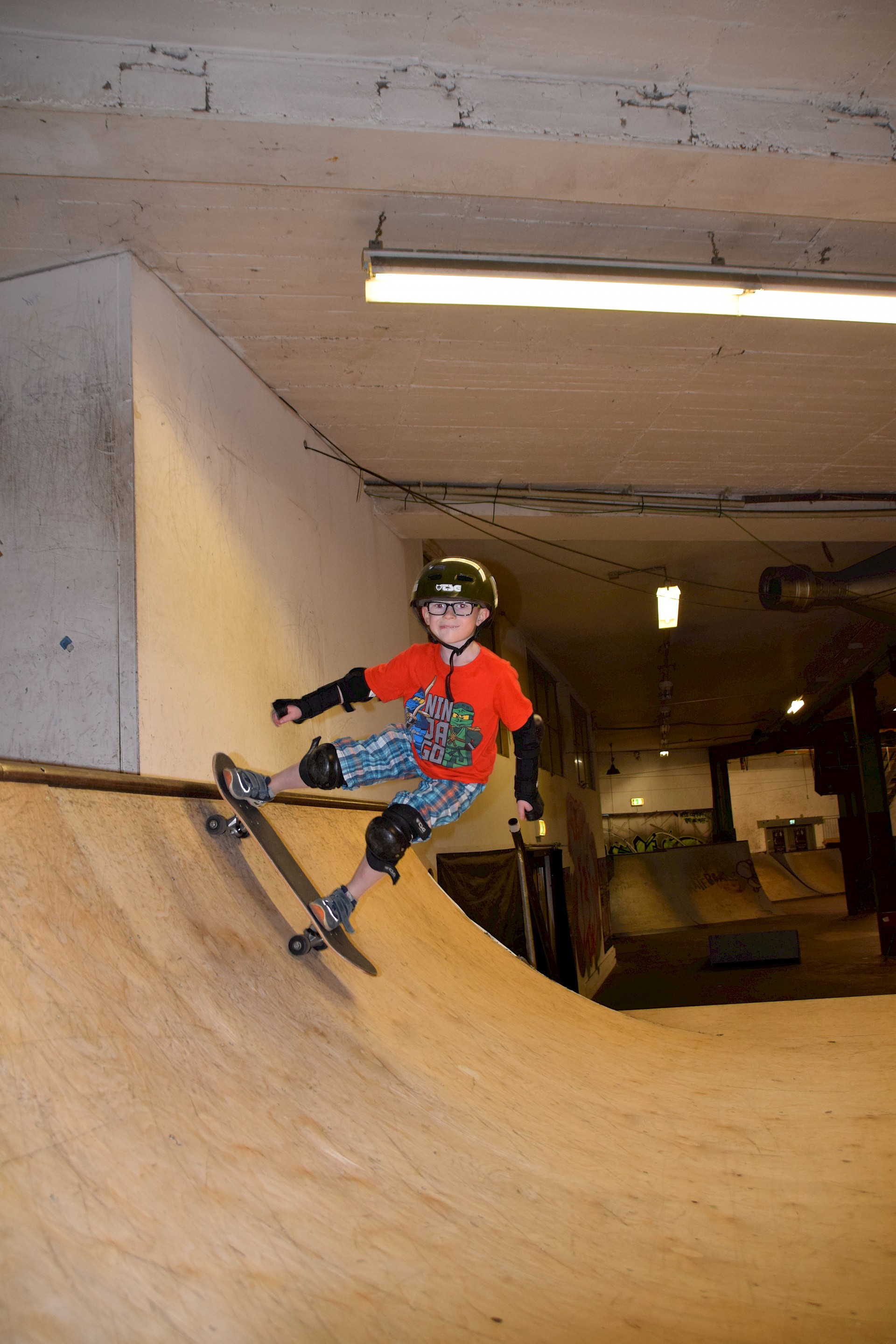
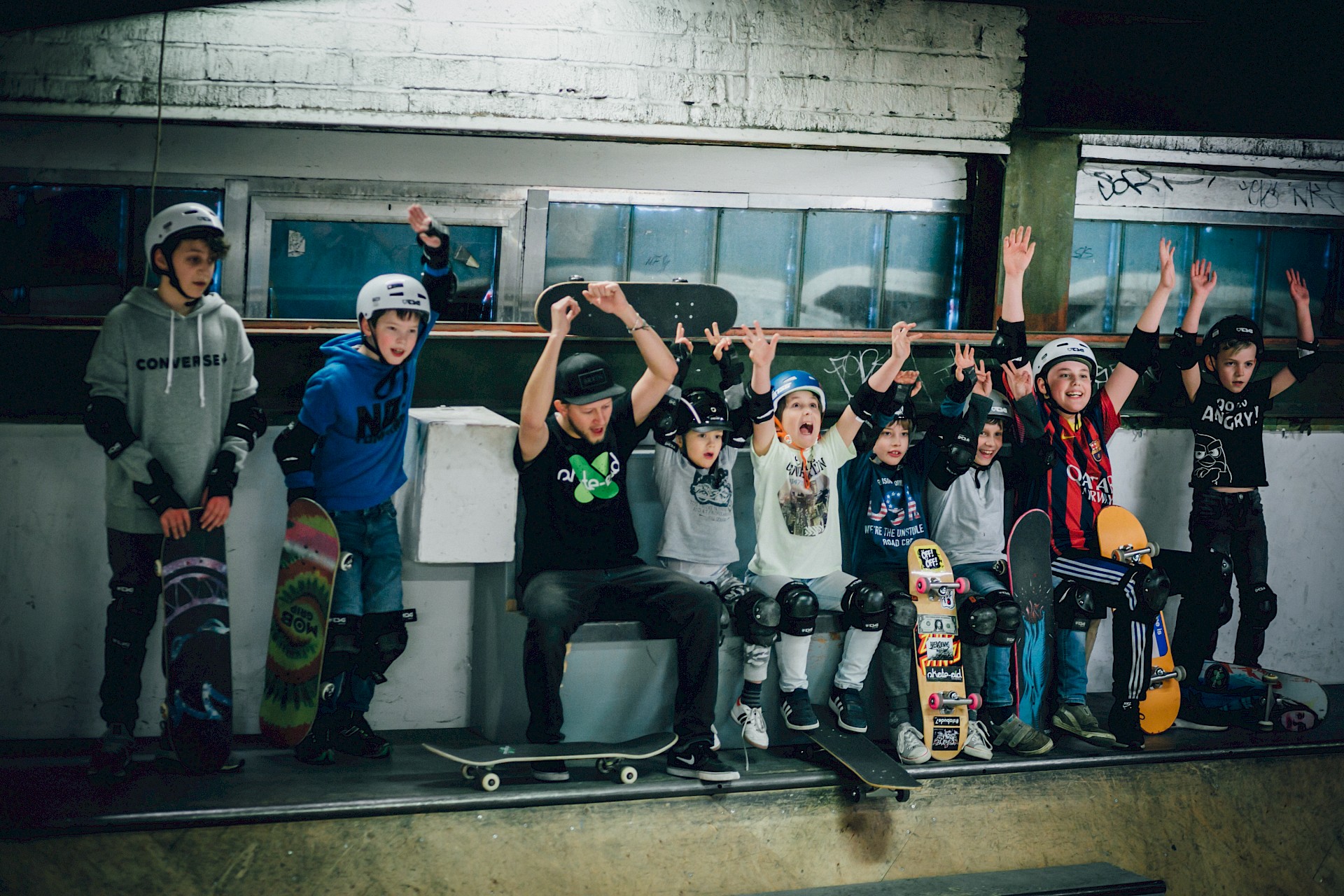
imprint data protection Website powered by DREIKON in Münster


